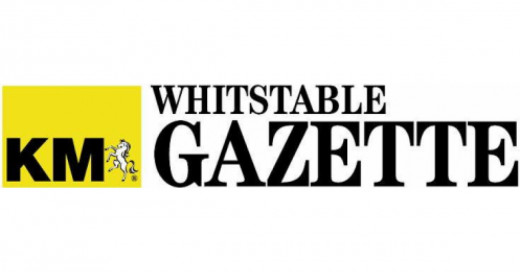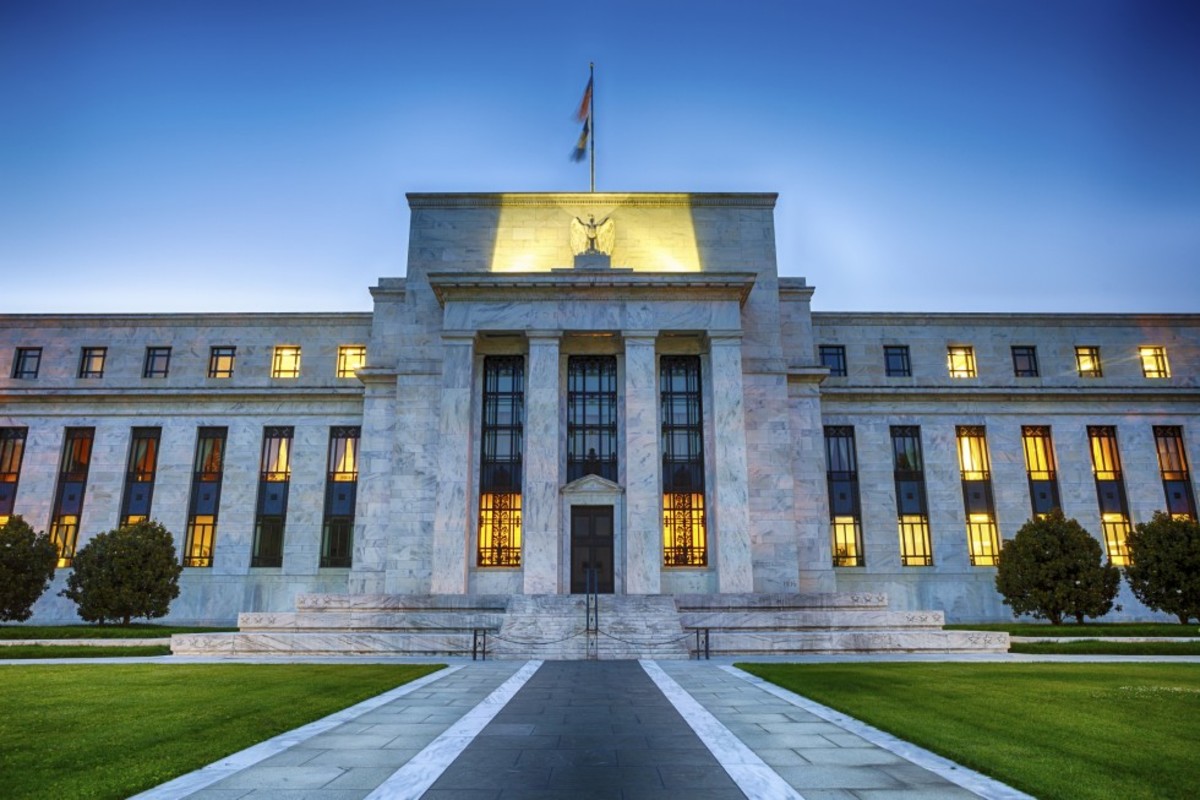Columns from the Whitstable Gazette: "The Fraud at the Heart of Our Banking System"

"If you lend money to any of My people who are poor among you, you shall not be like a moneylender to him; you shall not charge him interest." Exodus 22:25
Stephen Hester

Royal Bank of Scotland chief executive Stephen Hester has agreed to waive his bonus of approaching £1million after the Labour Party threatened to call a parliamentary debate on the issue.
This follows close on the heels of the RBS chairman, Sir Philip Hampton’s, decision to refuse his own bonus of £1.4million.
As a measure of wealth these figures are pretty striking. They are bonuses not pay. Mr Hester still stands to pocket in the region of £39million during his time with RBS.
Apparently these men can afford to refuse what the rest of us would consider a fortune. To put it into perspective, if you were to put £1.4million into a savings account at 5% interest, this would earn you £70,000 a year.
Of course, while Parliament can exert pressure on banks which are substantially in public ownership, it has no control whatsoever over the private behemoths that sit astride our world.
For example, Goldman Sachs paid its chief executive, Lloyd Blankfein, $2.9million last year, and gave him a bonus in share options worth $12.6million.
In 2007 Mr Blankfein was paid $67.9million. This was the year before the credit crunch hit. Personally I would be very surprised if Goldman Sachs wasn’t already fully aware of what was about to happen. The following year the American government handed the banks $1.2trillion in bailout money.
1.2trillion. Try to get your brains around that. That’s 1.2 followed by eleven noughts. 1.2 trillion seconds is 38 thousand and 26 years. 1.2 trillion inches is 19 million miles. That’s all the way to the Moon and back nearly 40 times.
This is just to give you a measure of how large the figure actually is. And you wonder why the world has grown significantly poorer of late.
The word privilege comes to mind here. It is from the Latin and means “private law”. A privilege is a legal advantage given to one group over another. The specific privilege the banks have is the right to issue money and then to charge interest on it.
This is in effect a form of privatised tax. It is a tax on the money supply. Every time money circulates we pay tax on it. But not public tax, to pay for public services. Private tax to pay for banker’s bonuses.
The interesting thing here is that David Cameron’s reason for threatening to veto any European treaty designed to keep the Euro afloat is that it would damage the interests of the City (sometimes euphemistically referred to as Britain). This is because the EU is proposing a Financial Transactions Tax on the banks. In other words, the EU wants to tax the tax that the bankers have imposed on the rest of us. A tax on a tax means more tax. It would be a hell of a lot simpler to remove the banks’ right to impose their taxes in the first place.
Fred Goodwin
Meanwhile Fred Goodwin (formerly Sir Fred) has had his knighthood stripped from him. He was given the knighthood in 2004 on the advice of the last Labour Government for services to banking. Note the irony in this. This is barely four years before the activities of banks such as the Royal Bank of Scotland had brought our world to the brink of collapse.
Both acts – the act of giving him the knighthood, and the act of taking it away again – show how little power the government really has. It cannot control the financial system. The most it can do is to reward or punish, in very superficial ways, those who do.
But the act of removing his knighthood just looks like scapegoating to me. We are punishing ex-Sir Fred – now plain old Mr Goodwin - in lieu of all the other bankers we cannot get to. The rest of them are getting away with it. Or perhaps it is a way of diverting attention? And somehow I doubt that even Mr Fred is all that worried at his demotion. So he was a knight, and now he is a commoner. But he is a very rich commoner indeed and – unlike the rest of us – will never have to pay for the consequences of his behaviour.
Meanwhile the banks continue on their merry way. They continue to pay themselves the kind of bonuses that would keep whole cities afloat. They continue to amass wealth off the back of our labour. And who, aside from Mr Goodwin, has ever been punished for what was, at the very least, large scale dishonesty in the financial services industry?
Remember: they were slicing up and repackaging toxic mortgages as triple A investments and then selling them on to our pension funds and other public bodies; banks like RBS were bloating themselves with borrowing and then taking on risky investments in order to increase bonuses; they were hiding their activities from the rest of us behind complex financial arrangements which didn’t show up on the balance sheet.
What all of this amounts to is fraud by any other name.
They got away with it because of a culture of extreme liberalism in the financial sector. This is what is commonly referred to as the free market. What this means is that governments are content to look the other way, to allow self-regulation, to not question where the money is coming from.
Bernie Madoff
Actually one man was punished. This was Bernie Madoff, who, on June 29, 2009, was sentenced to 150 years in prison for his part in the organisation of a huge Ponzi scheme known as Bernard L. Madoff Investment Securities LLC.
A Ponzi scheme is a specific type of financial fraud in which returns to investors are made by paying them off either with their own money, or by the constant recruitment of new investors.
A typical Ponzi scheme survives by the pretence that it’s perpetrator has access to some secret knowledge that the rest of us aren’t privy to. Armies of agents are sent out to recruit new investors who are lured into the scheme by promises of huge returns. Often a form of financial gobbledegook is employed. Long-winded phrases that mean next to nothing are deployed to cover up the emptiness at the heart of the scheme, whose entire purpose is to draw money into the centre. It’s a kind of pyramid scheme. One level of suckers are used to pay off the next. More and more people have to be dragged into it for it to survive. It can go on doing this for as long as:
- a) it isn’t found out;
- b) there is still wealth in the world to be extracted.
Doesn’t this remind you of something?
The whole of the financial industry is, in effect, a form of highly evolved, complex, interdependent Ponzi scheme. It doesn’t make wealth. It extracts wealth. It doesn’t create anything, it merely lives off the backs of those who do. It has to grow constantly for it to survive. It lives off promises and deceit and sleight of hand and trickery. It has to sucker more and more people into its mind-set, into the vain delusion that we can all get rich by doing nothing.
But, in the end, just like any Ponzi scheme, there is a limit to how far it can grow before the whole thing collapses in on itself.
We have reached that limit. Expect the collapse very soon.

© 2012 Christopher James Stone








